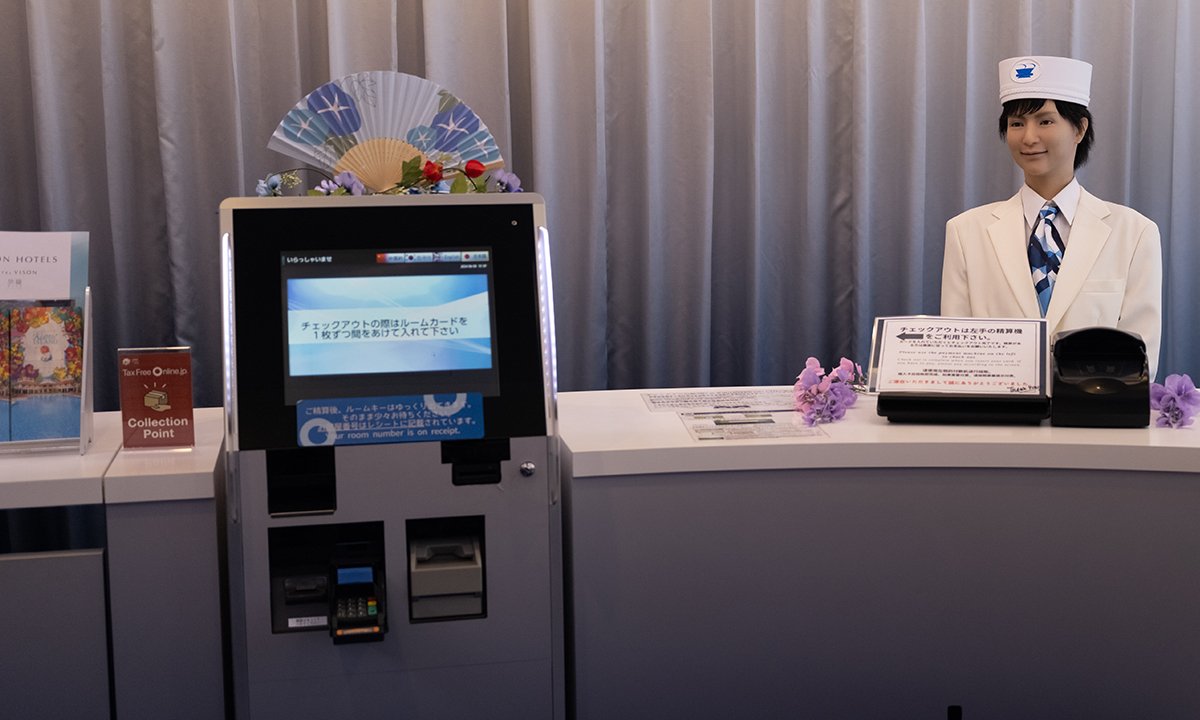At the beginning of this year, Salesforce CEO Marc Benioff indicated that the company was seriously debating hiring software engineers in 2025. Consequently, the executive revealed that the tech firm was using AI to do up to 50% of its work, citing incredible productivity gains due to agentic AIs.
During a recent episode of The Logan Bartlett Show, Benioff revealed that AI is on course to replace humans at the workplace, specifically indicating that the technology is helping bolster the company’s sales by augmenting the customer support division, prompting it to cut support staff from 9,000 to 5,000 (via Business Insider).
It’s been eight of the most exciting months of my career. I was able to rebalance my head count on my support. I’ve reduced it from 9,000 heads to about 5,000 because I need less heads.
Salesforce CEO, Marc Benioff
For context, Salesforce leverages AI agents to split complex tasks into smaller steps. As such, each agent takes on a specific task with the sole purpose of meeting set objectives. Benioff reiterated that the integration of AI agents into the company’s workflow has bolstered productivity.
According to Marc Benioff:
“There were more than 100 million leads that we have not called back at Salesforce in the last 26 years because we have not had enough people. But we now have an agentic sales that is calling back every person that contacts us.”
However, the executive highlights the importance of humans in the company. Benioff admitted that humans are still important at the workplace because AI agents sometime fall short of expectations, and might require human intervention when they are unable to handle certain tasks:
“It’s not any different than you’re in your Tesla and all of a sudden it’s self-driving and goes, ‘Oh, I don’t know actually know what’s happening, you take over,’ and that’s kind of the same thing.”
Marc Benioff is skeptical about AGI
Most companies venturing into the AI space are seemingly chasing AGI (artificial general intelligence), but over the years, the term has turned into a buzzword with a different meaning every time someone is talking about it. In simpler terms, it refers to a kind of AI system that surpasses human cognitive capabilities.
While companies like Microsoft and OpenAI are heavily invested in the category, Salesforce CEO Marc Benioff is all‑in on AI but remains highly skeptical of the hype and of anyone using the term ‘AGI.’ While recently speaking to Harry Stebbings on the 20VC podcast, Benioff indicated:
“You’re talking to somebody who is extremely suspect if anybody uses those initials, ‘AGI.’ I think that we have all been sold hypnosis around what’s about to happen with AI.”
Benioff believes that a lot needs to be done for the coveted AGI benchmark to be achieved, but he didn’t necessarily rule out the possibility of it happening one day.
“I just realize that isn’t the state of technology today. It’s not a person, and it’s not intelligent, and it’s not conscious.”
He further indicated that there’s no AI system that people have interacted with do far that comes close to a theoretical bar showing consciousness or human-level intelligence.
This news comes after Google’s DeepMind CEO Demis Hassabis indicated that AGI is on its way, further warning that society isn’t ready to take on what it entails, He claimed that the prospects keep him up at night.
On the flip side, Microsoft CEO Satya Nadella is seemingly less concerned about AGI, but delivering real impact that could lead to positive change in society while OpenAI CEO Sam Altman has shifted focus to self-replication.













































